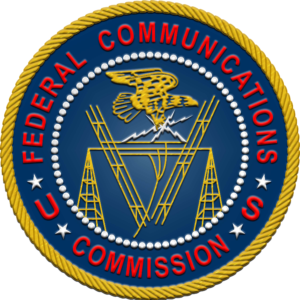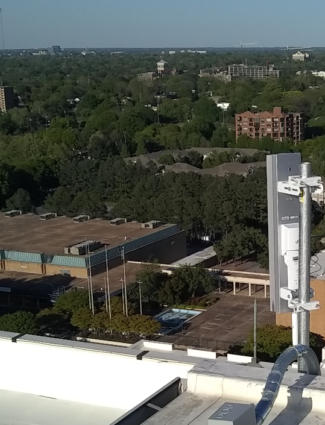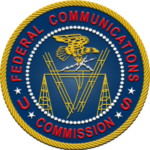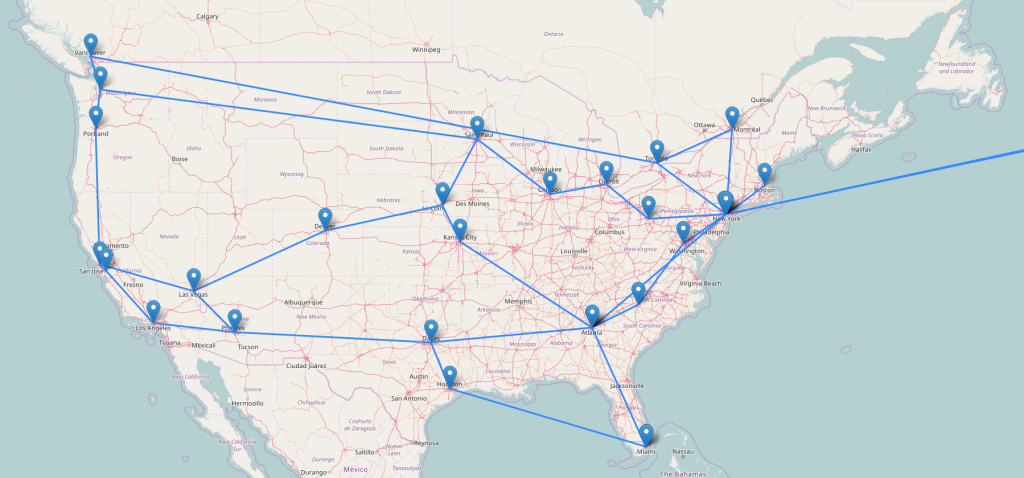Should 25Mbps really be considered broadband in 2018?
Its 2018 – the FCC thinks the US national broadband standard should still be 25Mbps.
 Whilst some areas can get 1Gbps and 10Gbps services with companies like Yomura Fiber or Google Fiber; most of the US is still battling with asymmetric slow services.
Whilst some areas can get 1Gbps and 10Gbps services with companies like Yomura Fiber or Google Fiber; most of the US is still battling with asymmetric slow services.
This has to change. It starts by operators investing into their networks to improve performance and service quality.
Some homes are still without any broadband services. Many are have so-called ‘Broadband’ services which don’t come close to the needs of the modern day.
Yomura Fiber has been investing since the start in its network. We make gigabit and multi-gigabit services to the home and office easy.
The National Broadband Standard
We agree with Commissioner Rosenworcel and want to see 100Mbps as the new national broadband standard so that every American home can enjoy the benefit of high-speed access.
DISSENTING STATEMENT OF COMMISSIONER JESSICA ROSENWORCEL Re: Inquiry Concerning Deployment of Advanced Telecommunications Capability to All Americans in a Reasonable and Timely Fashion, GN Docket No. 18-238. I believe the future belongs to the connected. No matter who you are or where you live in this country, you need access to modern communications to have a fair shot at 21st century success. This is why the annual Broadband Deployment Report from the Federal Communications Commission is so important. However, I fear that today’s inquiry sets the stage for an unfortunate repeat of last year’s Broadband Deployment Report. That report found—despite clear evidence of 24 million Americans without high-speed service—that broadband deployment nationwide is both reasonable and timely. It ignored too many people in too many places struggling to access high-speed service and dealing with connectivity that falls short of what is necessary for full participation in the digital age. Moreover, this inquiry fundamentally errs by proposing to keep our national broadband standard at 25 Megabits per second. I believe this goal is insufficiently audacious. It is time to be bold and move the national broadband standard from 25 Megabits to 100 Megabits per second. When you factor in price, at this speed the United States is not even close to leading the world. That is not where we should be and if in the future we want to change this we need both a more powerful goal and a plan to reach it. Our failure to commit to that course here is disappointing. I regretfully dissent.
FCC Docket 18-238 https://docs.fcc.gov/public/attachments/FCC-18-119A2.pdf


 It would be one thing if these exclusive providers were providing a modern service; but locking buildings down whilst providing a service that was laughable in the 1990’s is just insulting.
It would be one thing if these exclusive providers were providing a modern service; but locking buildings down whilst providing a service that was laughable in the 1990’s is just insulting.
 Tennessee House Bill 1045 was torpedoed by Tennessee Senate Committee. This Bill proposed to allow counties and municipalities to make use of their infrastructure to provide high-speed Internet access to surrounding cities where only low performance services are available.
Tennessee House Bill 1045 was torpedoed by Tennessee Senate Committee. This Bill proposed to allow counties and municipalities to make use of their infrastructure to provide high-speed Internet access to surrounding cities where only low performance services are available. If network operators fail to address the needs of the community it serves, then the onus falls onto the community to find its own solutions. There are many examples of successful deployments like
If network operators fail to address the needs of the community it serves, then the onus falls onto the community to find its own solutions. There are many examples of successful deployments like  The FCC has published their order in the Federal Register ordering that Net Neutrality will end on 23rd April 2018:
The FCC has published their order in the Federal Register ordering that Net Neutrality will end on 23rd April 2018:

